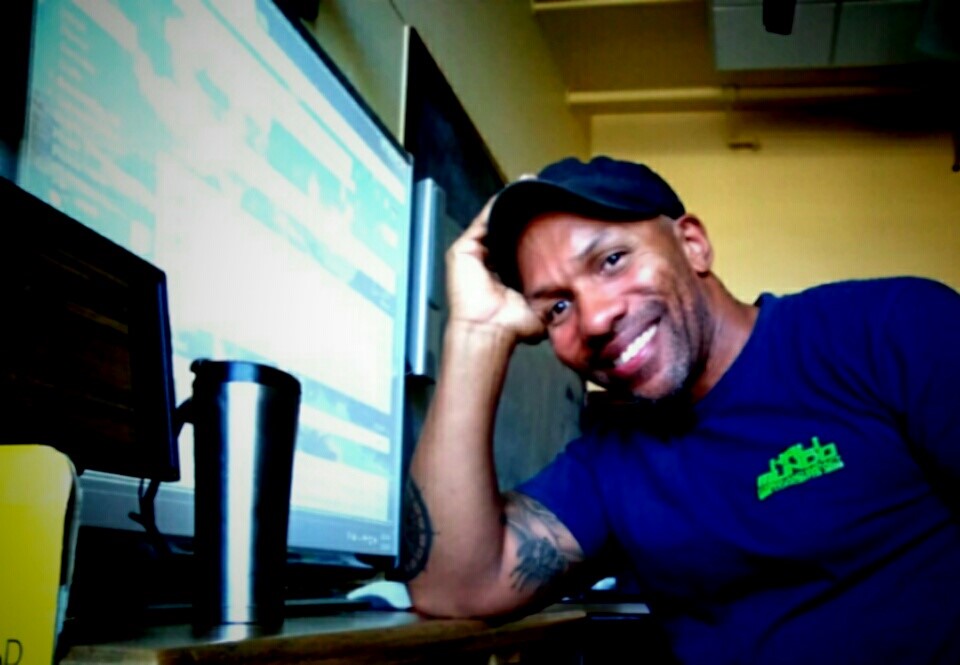
I want to start this entry with another big thank you to Greg Shamie for his constant willingness to offer insights and guidance.
This go around I decided to ask him about a subject that's always been of interest to me and that I've heard come up in a number of conversations in schools, after staff meetings, and in social settings. I know that we have a number of parents on our Leadership team and on the job at our placements, so this goes out to them.
I thought I'd pick Greg's brain for his thoughts and ask him to speak a little about his experience of bridging the gap between teacher skills and parenting skills.
-Njoli
By Greg Shamie
Does being an effective parent mean you can be an effective educator or vice versa? I believe there are some translatable skills involved in both roles. However, in my opinion, each role deserves its own attention and training. I always found it bizarre that there is no pre-required training for parenthood. Why do we have to get our license to teach, drive, etc., but not have to get a license to parent? Regardless of our opinions on possible answers to that question, in this short share, I will briefly write from my experience as a parent to what I believe is an effective practice for both parenting and educating.
Hold the Power to Empower: As a parent, I believe it is essential to hold the power. If my children hold the power than I am at the mercy of whatever it is they want in any given moment. I already feel like I am continually serving my children and have realized that it is essential to draw the line between serving my children and playing the role of servant to my children. To lead effectively, I must hold the baton first and then, when I am ready and with purpose, pass it off. I believe this is true for educators as well.
Ask Questions: When my children are resisting something I need them to do, instead of intensifying my approach I ask them questions about what they may be feeling. By being curious about what they are feeling it allows me to meet them where they are at and figure out what emotional need is behind the behavior. Once I know the feeling then I can validate their feelings and share a time when I felt the same way. Usually, this approach alleviates some of the pressures they may be feeling and gets them to buy into what I am needing them to do. As an educator, an asking-questions combined with listening approach can be very effective in building trust and positive relationships.
No Judgment: As a parent I am constantly working on not judging my children’s behavior. This is very difficult for many reasons. At the top of the list is the disappointment I may feel in their negative actions or in them not living up to my expectations. Parent/child relationships can be very intense because these are the people we are closest to. Our care can be so deep that it can blind us to what could be a more effective action plan. I believe not judging behaviors as an educator is also a best practice to work toward. The reality is I have both successes and failures in not judging behaviors but this is something I am constantly striving to better myself.
Lead by Example: As a parent I have realized that my children do and say as I do and say. So it is of utmost importance that I am aware that I'm always a role-model for my children. Whether my actions are positive or negative, they will replicate. The same goes for educators. Leading by example is essential in our work.
Thanks, Njoli, for asking me this important question.



Comments [0]
Click here to read/write comments